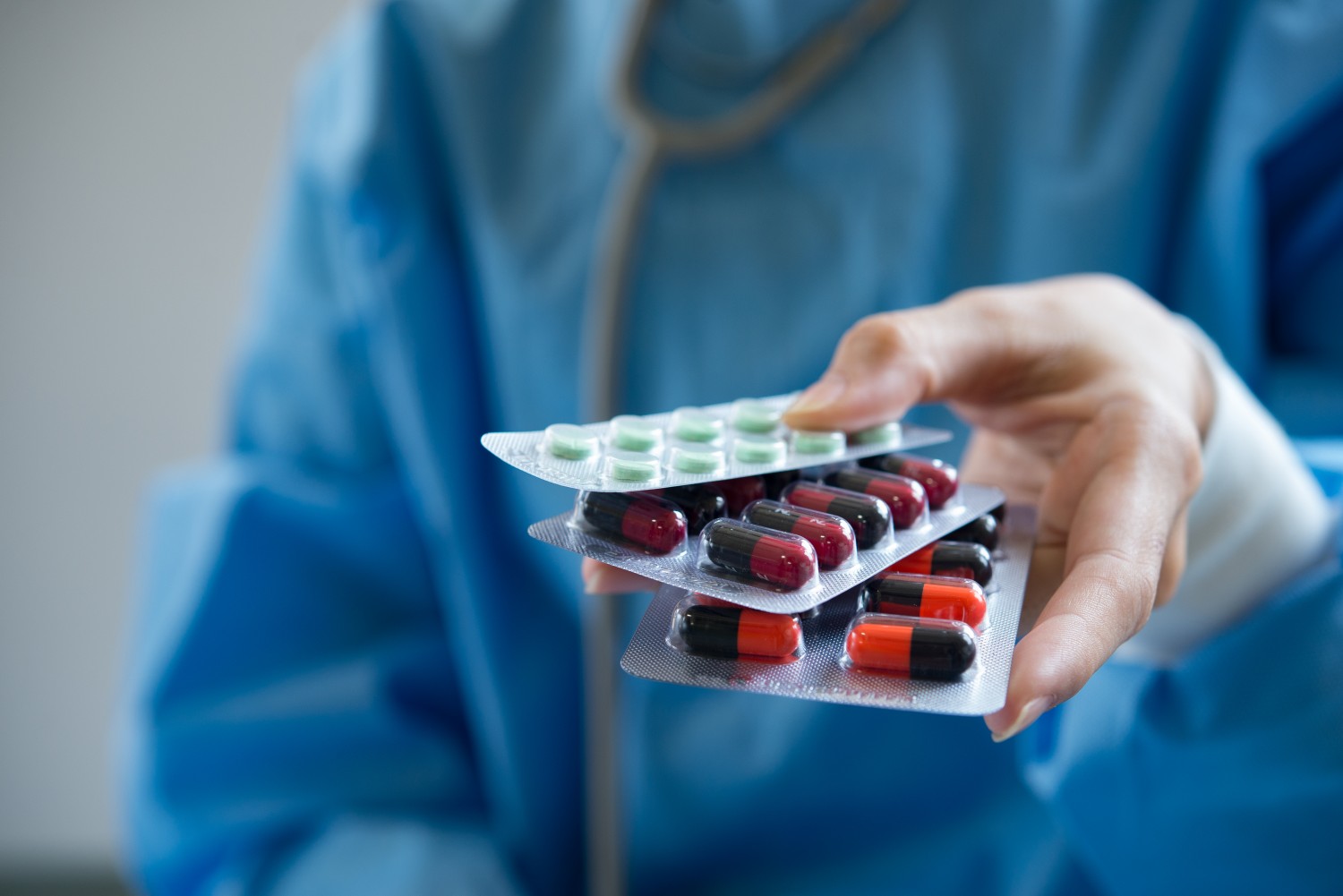On March 6, the BRICS Working Group for the Research of Competition Issues in Pharmaceutical Markets met in Mumbai (India) with the topic "Ensuring Access to Biologics for Developing Countries". The event was organized by the BRICS Competition Law and Policy Centre, the BioPharma International Exhibition&Conference, Institute of Chemical Technology and FAS of Russia.
Biologics are a class of medications derived from living cells by bioprocessing typically through genetic manipulations. The examples include monoclonal antibodies, growth factors, hormones, gene, and cellular therapies all of which are extremely effective in managing several types of diseases and disorders such as cancer, inflammatory diseases etc. which are otherwise difficult to treat.
Due to the inherent structural complexities of these drugs, development and manufacturing for these drugs is extremely difficult and expensive, resulting into exorbitantly priced drugs for the patients. Moreover, biologics are typically covered by several process patents over and above the product patent and therefore the lesser priced generic versions of these biological drugs – biosimilars – face several challenges to make it to the market and reach the patients. These challenges can include regulatory hurdles due to lack of uniformity across different countries and unadapted patent laws that limit the access to these often life-saving drugs, especially for patients from developing countries. This is further aggravated by the fact that patents on biologics are normally owned by incumbent manufacturers that have been infamous for engaging in anticompetitive practices to secure their market position.
Thus, ensuring access to biologics and biosimilars to guarantee the right to health of people in the developing world, a concerted and resolute effort by countries is urgently needed. As growing and dynamic economies, the BRICS countries have enough potential to adapt uniform legislative and regulatory practices while facilitating manufacturing and R&D cooperation to enable access to biosimilars for patients within and outside the BRICS geographies. The biosimilars market is growing and can compete efficiently with the incumbent manufacturers of biologic drugs. Therefore, by bringing together their industrial leverage and expertise and empowering their respective regulatory frameworks, the BRICS countries are capable of building their independent market for biosimilar drugs that will be driven by fairness and universal access to healthcare.
As part of a research project that brings together policy researchers and pharmaceutical experts from several developing countries, the BRICS Competition Law and Policy Centre initiated this workshop as a forum for academics, regulators, and industry representatives from the BRICS states. The goal of the workshop was to discuss avenues for improving access to biologics and biosimilars in the BRICS with an emphasis on collaboration and concerted action by all the BRICS members.
